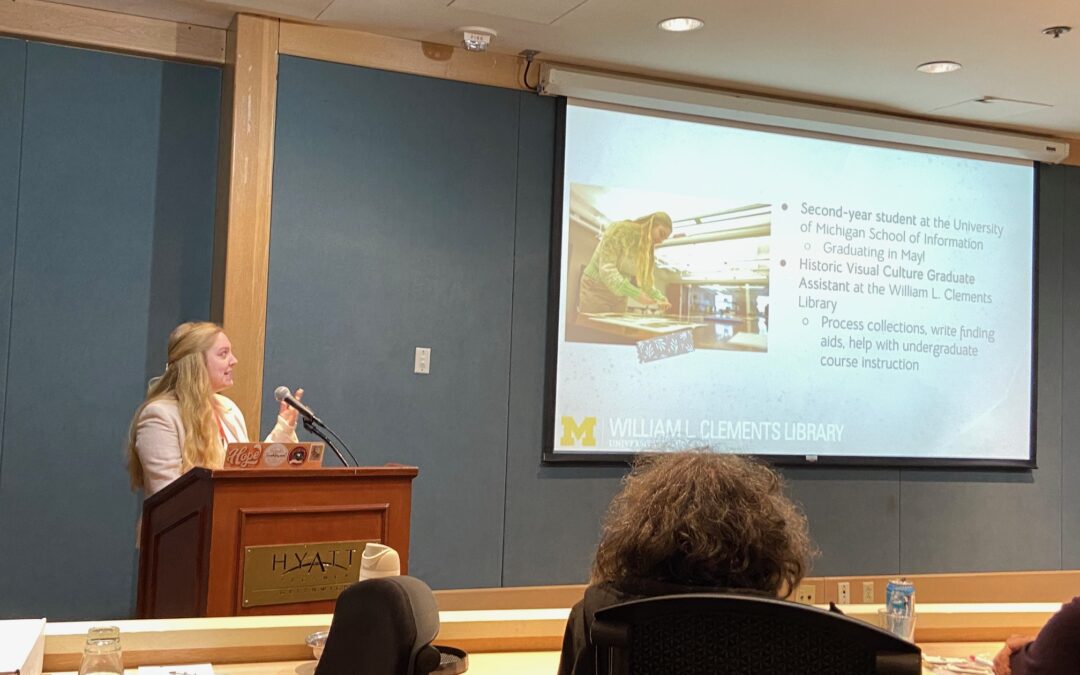
Graduate Student Intern Annika Dekker at Ephemera 45
Historic Visual Culture Graduate Assistant Annika Dekker describes her experience attending and speaking at Ephemera 45, the Ephemera Society of America’s annual conference.

Historic Visual Culture Graduate Assistant Annika Dekker describes her experience attending and speaking at Ephemera 45, the Ephemera Society of America’s annual conference.
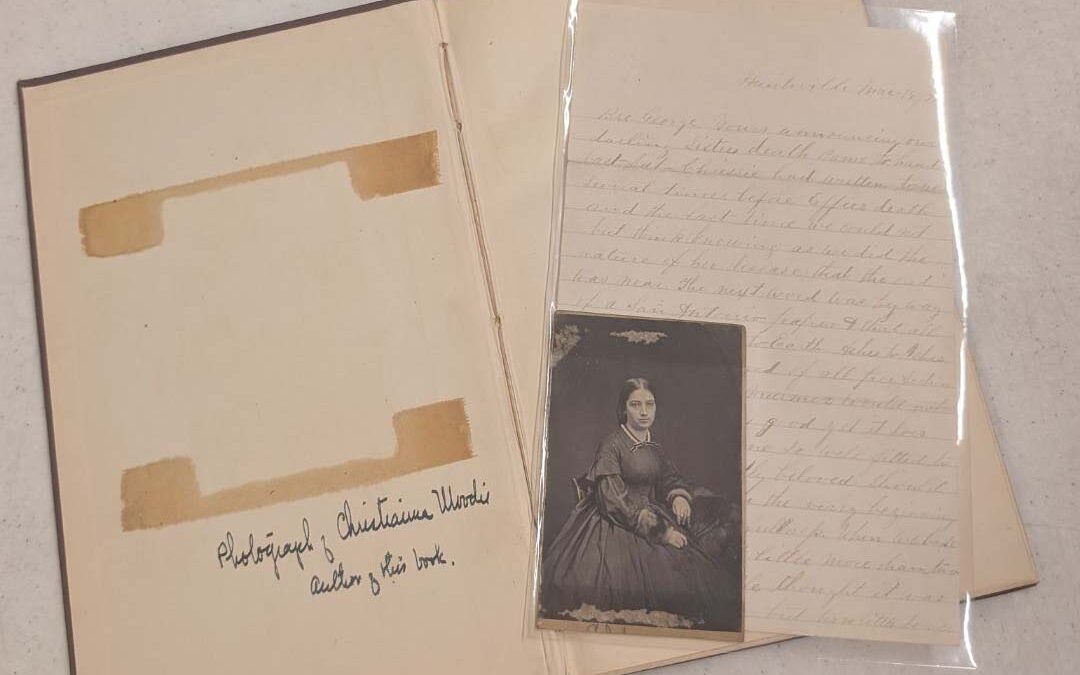
The Book Division has been hard at work making rare and historic books available for research. Check out some of our newly cataloged works from 2025!
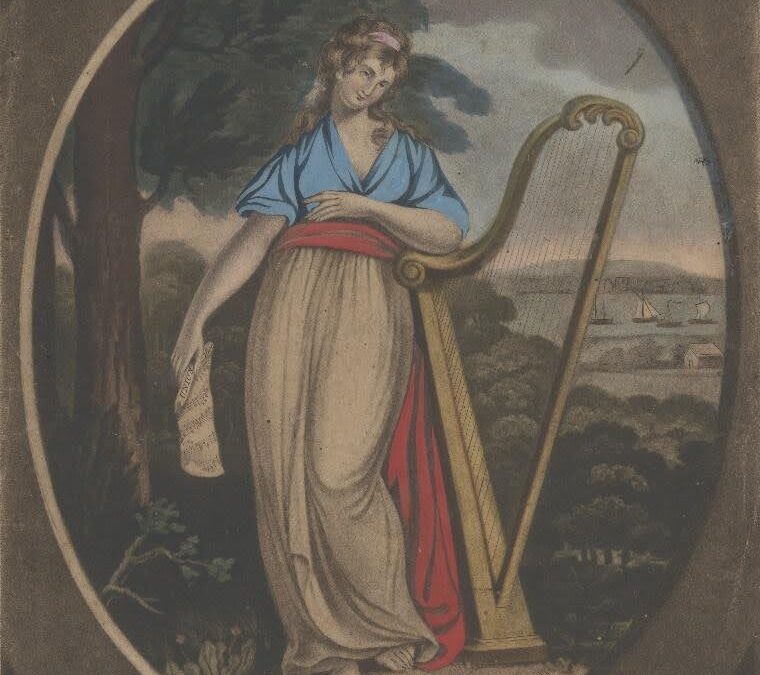
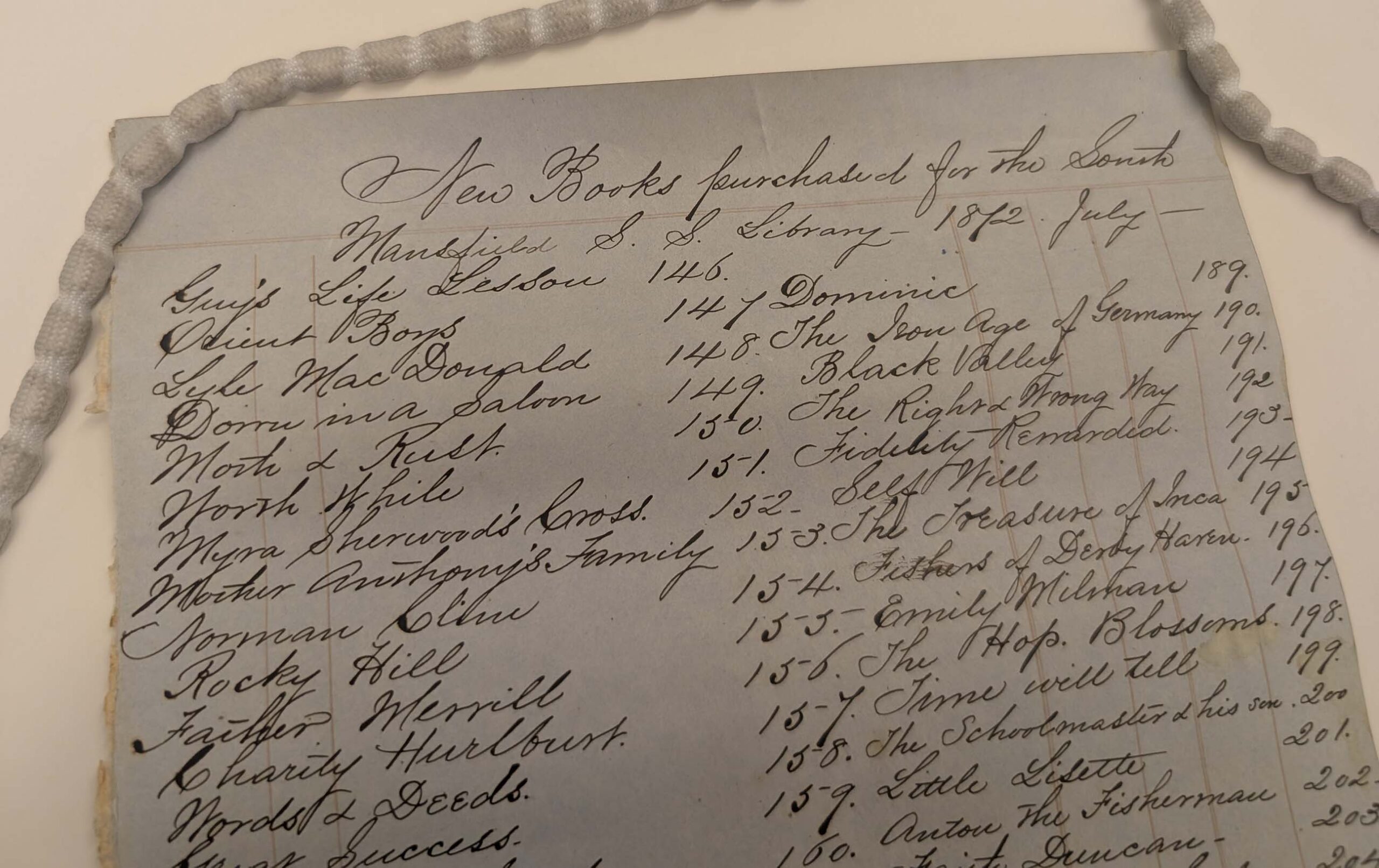
From the diary of a member of the Midland Baseball Club of Oxford to the papers of British Consul-General James Colquhoun, the Manuscripts Department has made a wide variety of collections available for research this month.
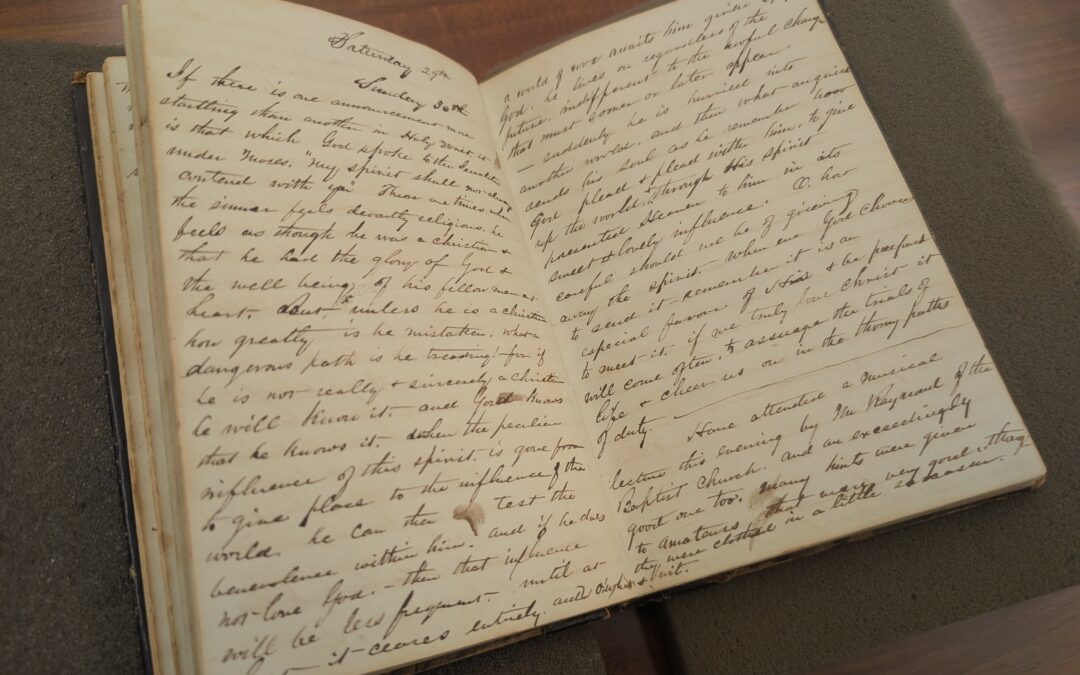
The Manuscripts Department has been hard at work making historic hand-written materials available for research. Check out sixteen new finding aids published this past December!

The past year has been an incredibly busy time for the Clements Library’s Graphics Division, with over 80 new finding aids having been created for a variety of collections that can now be requested for use in the reading room. Let’s take a look at a few highlights!

Lee Rucker Keiser writes about her mother, Marion E. Grusky Rucker, a World War II veteran, teacher, and beloved family member. Read about Marion’s service in the U.S. Navy, teaching abroad, and Lee’s decision to donate her mother’s papers to the William L. Clements Library.

Remember those attendance awards in elementary school? Recognition of student achievement is nothing new. Graduate student assistant Annika Dekker writes about Rewards of Merit, awards given to students or young people to recognize and congratulate them on an achievement, usually academic. These awards started in the 1600s, and have continued today. Learn more about the Rewards of Merit housed here at the Clements Library!

The William L. Clements Library offers funded research fellowships for graduate students, postdoctoral scholars, independent researchers, creative artists, and undergraduates who wish to visit the library’s world-class collections of early Americana. Any project that would benefit from in-person access to the Clements Library archives is eligible for consideration, and subjects can include Native American history and culture, the history of science, ephemera, and so much more!